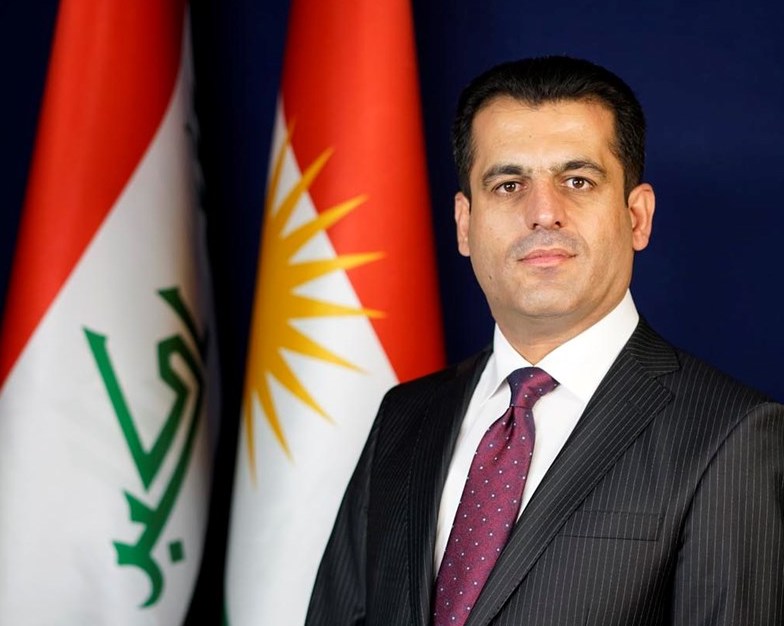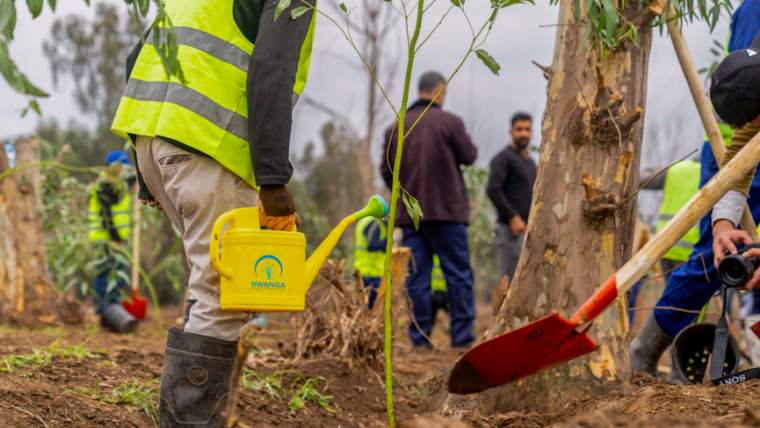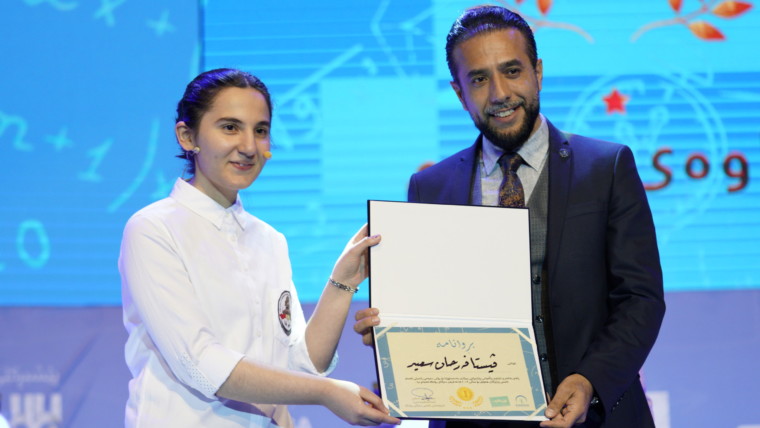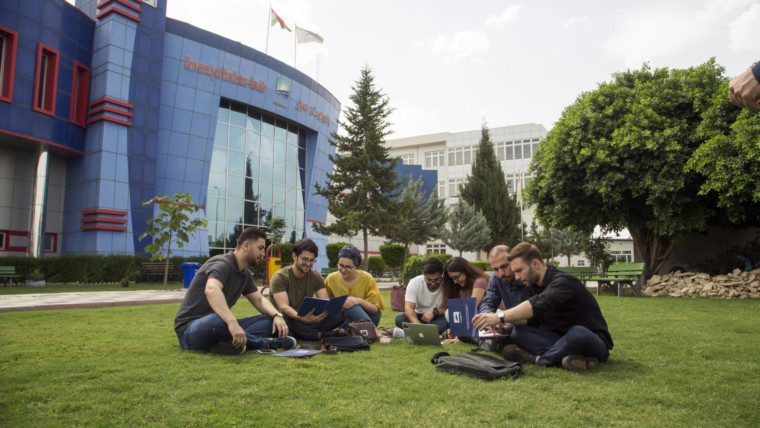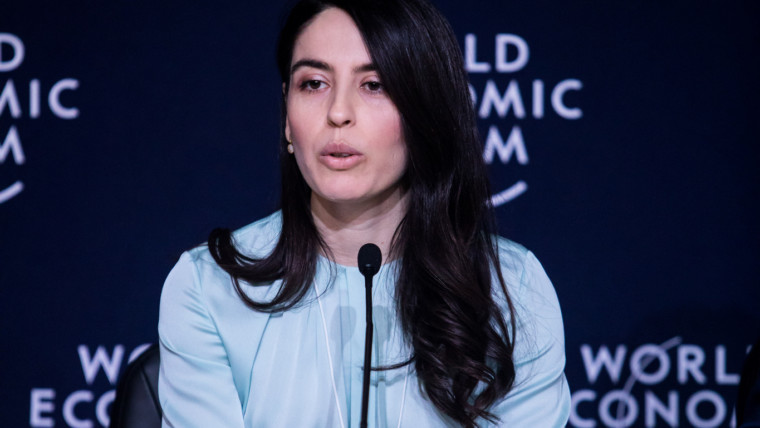KRG Minister of Health Saman Hussein Muhammad discusses on the Ministry of Health’s strategic plan for 2020 and beyond.
Which key projects will the Ministry of Health (MoH) focus on in 2020?
Our main strategic plan for 2020 is to reform the health, medical and food sectors to meet international standards. We plan to establish a “Food and Drugs Administration” under the Council of Ministers. Moreover, our plan includes improving our preventive and primary health care services by making family physicians available at most primary health care centers in line with international standards. Also, we are planning to make the allocation of human resources fairer by setting up a detailed plan for the placement of physicians, nurses, and health assistants to areas according to their population size and needs. This will include placing doctors and nurses in remote areas which currently lack medical services. Furthermore, we will improve our emergency health services by making them accessible to everyone and by reorganizing our Public and Private Partnership (PPP) system. Other plans include improving our health information systems; re-organizing the existing legislation related to forensic medicine law; establishing a health insurance system; regulating food and drug imports; and revisiting legislation regarding physicians’ and patients’ rights.
What are your plans to modernize hospitals and to provide new hospital beds in 2020?
We currently have 7,794 hospital beds and 897 health centers distributed among the cities of the Kurdistan Region of Iraq (KRI). Of course, these hospitals and health centers are now dated and were built to older standards, but the Ministry of Health (MoH) continues to work to modernize these hospitals and update all our medical equipment.
As part of the MoH’s plan, the KRG had committed to establishing new hospitals, with various specializations, spread over the provinces of the KRI. These would have had a clinical capacity of 3,065 beds, implemented according to the latest international standards. We also planned to establish large numbers of health centers. However, the financial crisis led to the cessation of those projects.
The government aspires to increase the number of beds by building hospitals with a clinical capacity by 4,230 once the financial situation has improved, and the MoH is working hard to implement a number of health projects using a PPP arrangement.
Our main strategic plan for 2020 is to reform the health, medical and food sectors to meet international standards. We plan to establish a “Food and Drugs Administration” under the Council of Ministers. Moreover, our plan includes improving our preventive and primary health care services by making family physicians available at most primary health care centers in line with international standards.
Saman Hussein Muhammad, Minister of Health, Kurdistan Region of Iraq
What are your plans for addressing the shortage of doctors and nurses in the KRI?
There is a shortage of doctors in some subspecialties (anesthesia, emergency, family medicine, burns) also we have a shortage in nursing staff. Our plan will be to increase the number of graduated doctors and nursing staff by increasing enrollment into higher education, encouraging post-graduate study in rarer subspecialties, and redistributing medical and nursing staff (currently there is an unfair regional distribution).
Can you brief us regarding your policy on improving the quality of pharmaceuticals in the KRI?
Our planned policy for improving the quality of pharmaceuticals can be briefly summarized as follows:
- Enhancing standards for medicines and medical products’ accreditation & registration
- Increasing registration criteria for medical product facilities
- Strengthening auditing standards for shipping and transport documents
- Strengthening storage and distribution standards
- Increasing laboratory testing capabilities, both quantitatively and qualitatively, to allow for the inclusion of drugs with special requirements such as hormones, vaccines, anticancer etc.
- Increasing the follow-up and checking of medicines’ efficiency after dispensing
- Strengthening checks of official and unofficial outlets with respect to substandard, illegal or fake medicines
- Encouraging domestic facilities to participate effectively in the pharmaceutical sector.

